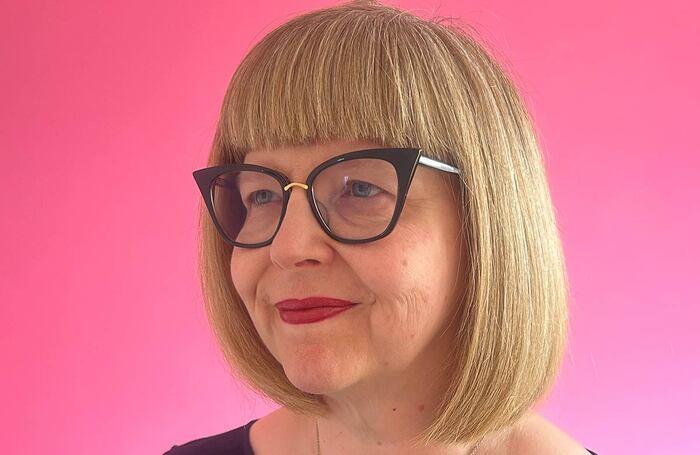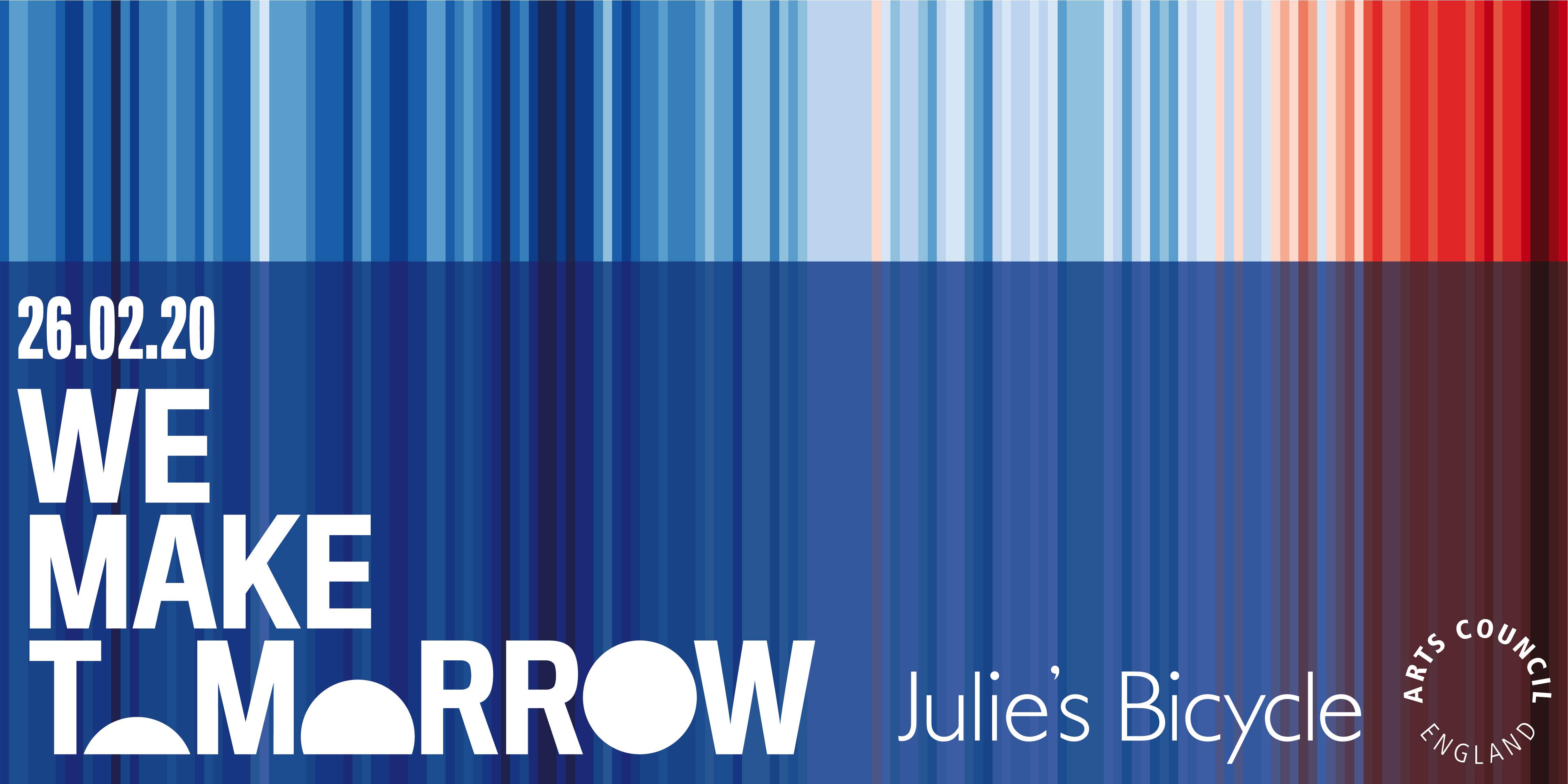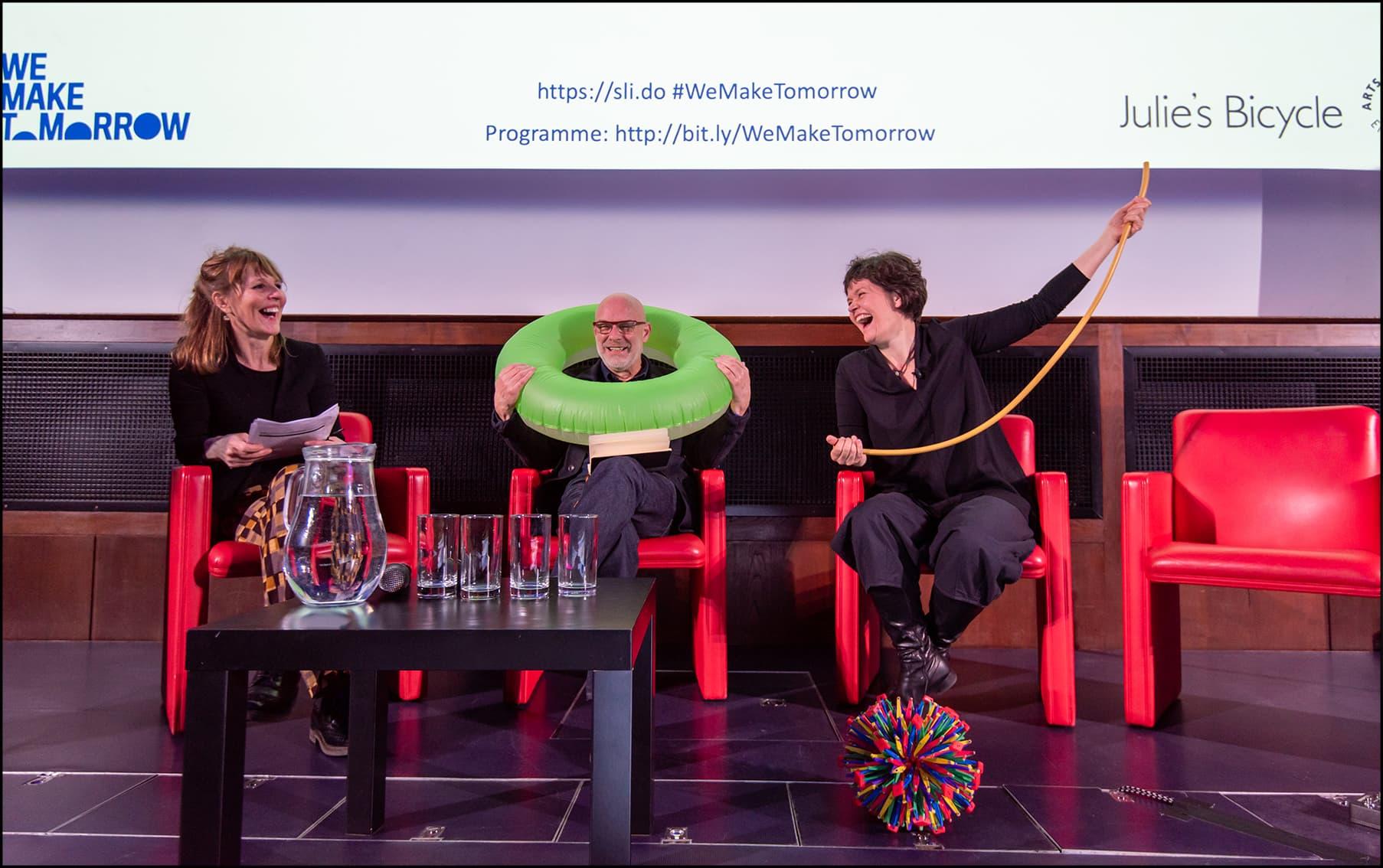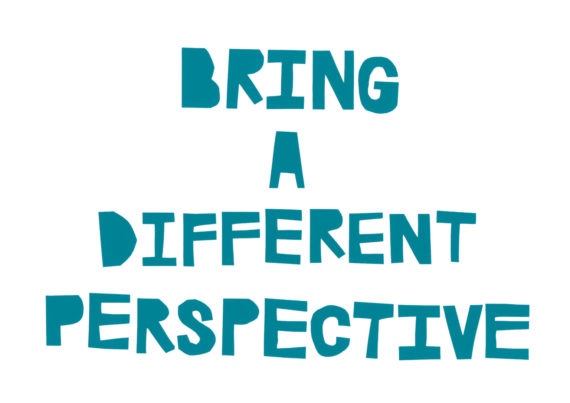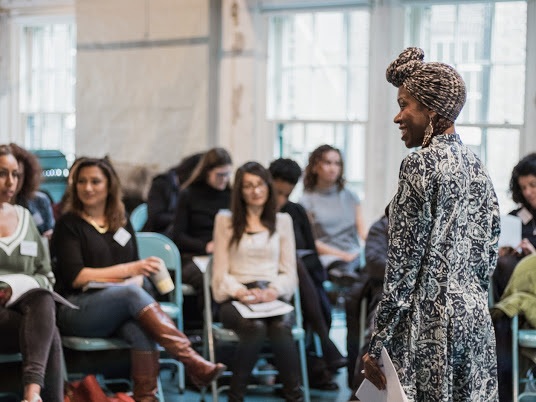The need to reimagine what constitutes success and progress away from linear growth models continued in an afternoon panel featuring Tate Modern’s Frances Morris, Richard Ashton of Opera North, Afsheen Kabir Rashid co-Founder and co-CEO of Repowering London and Chiara Badiali of Julie’s Bicycle looking at the road to net zero carbon. Panel chair Chaitanya Kumar, Head of Climate and Energy at the Green Alliance, started the conversation by noting that net zero carbon commitments need ‘buy in from the most senior levels of administration, heads of institutions and heads of business’ to ensure a road map for change and adequate finance to deliver this. Frances’ observation that ‘the growth model is deeply damaged’ reinforced the synergy between governance commitment to change and the need for that change. Richard Ashton of Opera North highlighted their work in creating the conditions for meaningful action, including their carbon literacy training programme for board members and trustees, a necessity given his assertion that ‘a company that is not environmentally sustainable has no future’.
Following the annual ‘Sustaining Great Art and Culture’ report from The Arts Council England and Julie’s Bicycle, which demonstrated commitment to change from the leaders of organisations reporting, and the financial, environmental and emotional benefits which this can bring, the summit marked a key moment for the cultural sector in the year of COP26, Surmised by Alison Tickell, Founder and CEO of Julie’s Bicycle as ‘an incredibly important moment, not just for climate negotiations, not just for us, but for everything else’ in her closing address.
